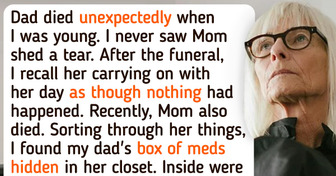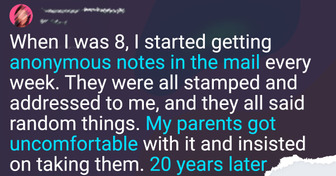10 People Who Remarried Their Exes Share What Really Happened After

Imagine being born old and getting younger for the rest of your life. Well, we’ve seen this movie before, haven’t we? Benjamin Button taught us some valuable lessons. As we get older, our body changes. Our habits, our likes and dislikes, our emotional intelligence, all of this changes with time. But what exactly is aging? And how come every living being on the planet is subject to it?
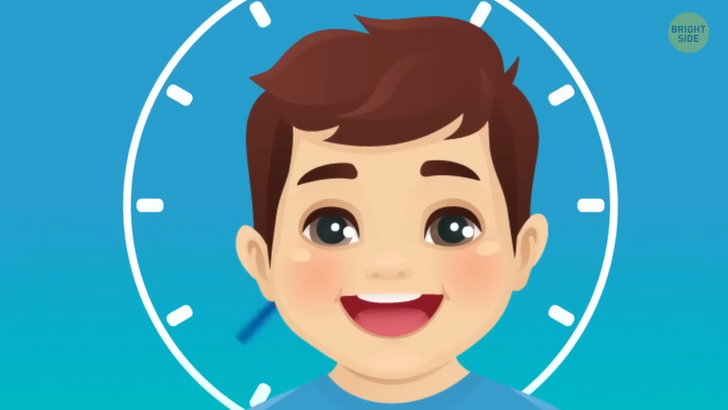
Ever since we were little, people have been asking us, “What do you want to be when you grow up?” Rarely does anyone answer, “Old! I want to be old.” Yet, as Groucho Marx once said “Growing old is something you do — if you’re lucky”. Picture yourself in 20 years’ time. What do you think you will look like? Your face will have a few extra wrinkles, perhaps. But I bet you’ve just pictured a version similar to your father or mother.
We tend to use our progenitors as molds of how we’ll look when we grow old. Yet, genetics is only responsible for 30% of our aging patterns. The good news is we’re not 100% fated to play out the same health problems or aging patterns as our parents. That’s nothing but a popular myth. You have real control over how your body ages.
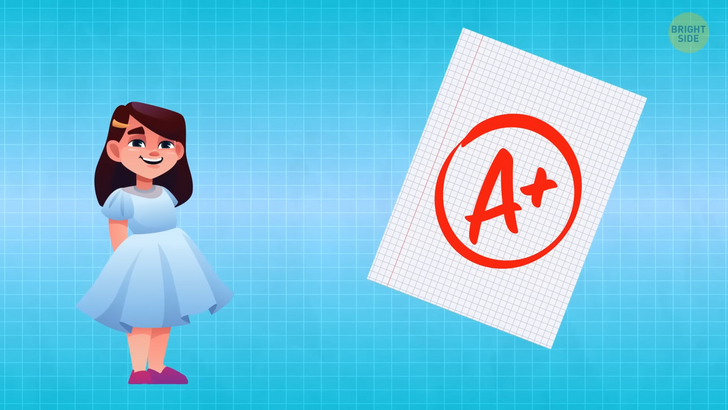
Let’s get one thing out of the way: aging happens on a cellular level. You start aging from the moment you are born. And you continue aging every single day of your life. Yup, even while you’re watching this video. But most of what ages us has to do with our interactions with external factors: the environments we live in, the food we eat, and our physical and cognitive routines. All of that counts. Maybe Maya can help us understand that better. Maya was born a healthy baby — smart, curious, and happy. Well into her childhood and early adulthood, Maya’s on what is called an upward curve of development. Her brain and bones are growing to their full potential. Our brains change well into our 20s, so it’s good to give them extra stimulus in order to guarantee their best development. It’s good then that Maya volunteered at the local dog shelter since she was little. Studies show that giving back slows cognitive decline. In other words, it makes your brain healthier for a longer period of time. Learning new things, such as a new language, is also good at that period of life — it increases your thinking skills and mental agility and delays the aging of the brain.
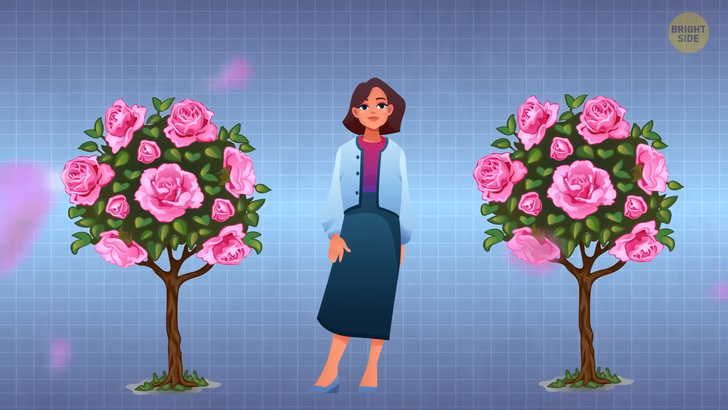
Then comes the 30s. Supposedly the prime time of one’s life. A decade when happiness levels are increasing. But that’s also when Maya’s metabolism starts to decrease by 2 to 3% every 10 years. Around this decade, she will begin to lose muscle mass as well, so keeping up that yoga or muscle-building routine will be the best antidote. Eating healthy might not have been Maya’s priority until then, but it sure will be now. She’ll start eating things that will help to accelerate her metabolism, like ginger and other foods. During her 40s, Maya’s body will start to shrink. Every 10 years after the age of 40, we lose about half an inch of our height. This happens due to changes in bones, muscles, and joints. There’s no way to fully stop the shrinking process, but exercising will help to reduce it a bit.
During her 50s and 60s, Maya’s offspring will be off to school and out of the house, so she’ll feel freer than she has been for the last few years. But she’ll have to come to terms with some new limitations regarding her body. Her vision and hearing are more impaired. One-third of Americans in their late 60s and early 70s have hearing loss. But she can use glasses and hearing aids if it comes to that. Her skin has lost a lot of its elasticity, so the wrinkles are very apparent. She might regret all that sunlight she got while NOT using sunscreen when she was younger. But, on the bright side, Maya’s rocking an all-gray hairdo and lovin’ it!
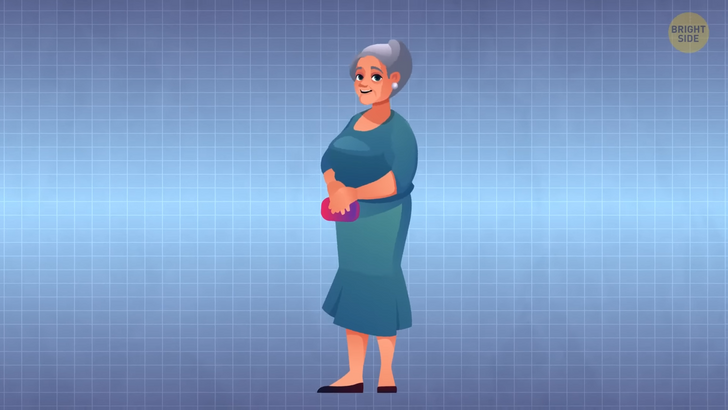
Even if Maya is embracing the cycles of life, some of her friends are turning to the newest technologies in order to slow down or even reduce the aging of their bodies. Humans live an average of 90 years — which is already a lot if you ask me. To this day, the longest-living person was around for 122 years and 164 days. Her name was Jeanne Calment, a Frenchwoman. The oldest person alive as we speak is also Frenchwoman Lucile Randon. She’s 118 years old. One can’t help but wonder: is there something in the water over there in France? The promises of new technologies show that more people could be living to be 110 or 120 years old. Some questions remain, though: why would someone want to live that long? And should humanity aim for that goal collectively? One of the main focuses of medicine today is to increase people’s healthspan. Instead of just increasing a person’s lifespan, aka the number of years someone will be alive, medicine is trying to increase our quality of life. And we don’t have to travel into some distant future to say we are living longer than before.
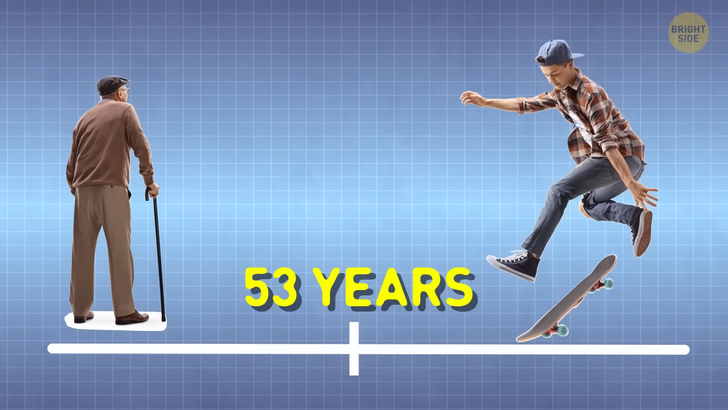
I mean, 100 years ago, a person’s lifespan in the United States was around 53 years. So yes, we are now living longer. If you look at some old photos, you’ll see that people also look much younger nowadays than they did some decades ago. If you look through old yearbooks from the 70s, you’ll notice how 19-year-olds looked 30 or even 40 according to our modern standards. Researchers at Yale and USC have found out that we are, in fact, staying younger for longer. Their results suggest that between the early 1990s and the late 2000s, 60 became the new 56. And 40 became the new 37.5. According to Dr. Morgan Levine’s newest book, “True Age,” humanity is on the brink of slowing the aging process down. Levine says we have two ages: our chronological age, the one we celebrate on our birthdays, and our biological age. This means that you can be 30 years old — chronologically — but be 25 years old or even 35 years old biologically. What will determine your biological age is basically how healthy you are. Which takes us back to what we said at the beginning of this video: how’s your exercise routine? How healthy do you eat? Are you able to maintain a low-stress routine?
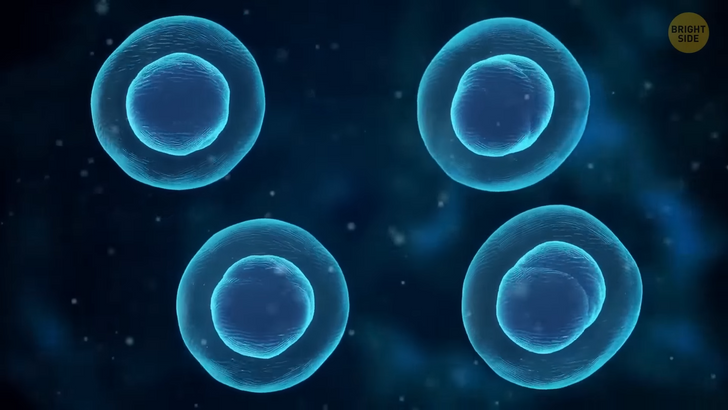
Other than that, science has identified a very specific type of cell that they believe is responsible for human aging. They’re popularly known as zombie cells. Due to some stress, these cells lose their ability to replicate, and instead of being ejected by the system, they remain in our bodies. They don’t replicate and cause our bodies to age more and more. Some scientific experiments have been conducted — they targeted these zombie cells, trying to remove them from people’s bodies. But it hasn’t been 100% proven that this can halt aging. Another modern bet is on multiplying NAD+ cells. You see, our cells are made out of hundreds of parts. All these parts constantly need to be destroyed, cleaned up, and rebuilt. The thing is, as we age, this process becomes less effective. We produce less and less of the so-called NAD+ coenzyme, which is like a self-regulating part of our cellular structure. It reminds our cells of their reproductive functions. When we are 50 years old, we have about half of the NAD+ we had when we were 25 years old. Low amounts of this coenzyme are linked to a bunch of diseases and the aging process itself. Maybe by increasing these amounts, we could slow down our bodies’ decaying processes and increase people’s lifespan.
Now here’s a fun fact: this even got NASA interested, and they’re now making sure to guarantee some of this technology to their astronauts on future Mars missions. After all, they’ll be exposed to a lot of radiation, which will end up affecting their molecular and DNA structure, probably making them age faster due to this exposure. Maybe we’ll never get to experience life as Benjamin Button, but it seems like our scientific advances are heading to provide longevity for us humans.


